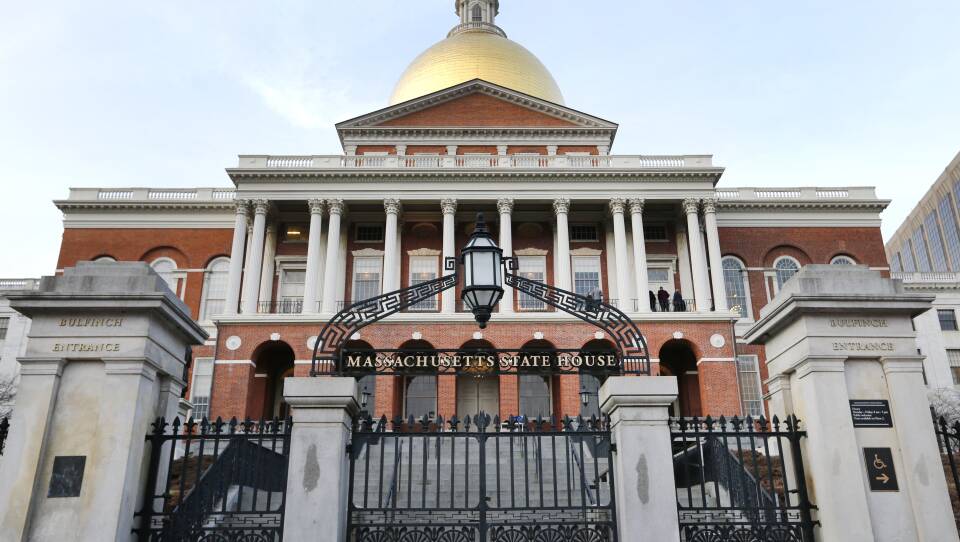Today is the last day of the legislature's 191st session, and there are a few last-minute agenda items coming down to the wire, including bills on economic development and the environment. GBH Morning Edition host Joe Mathieu spoke with GBH News State House reporter Mike Deehan about what lawmakers need to finish before the end of the day. The transcript below has been edited for clarity.
Joe Mathieu: We've been talking about the clock ticking here for months, Mike. It's about to finally stop. With less than 24 hours to go, what do lawmakers need to finish work on?
Mike Deehan: Well, there's an awful lot. Beacon Hill loves a deadline, and this is kind of the system they've set up. They push everything until the last minute, there's a big rush to get everything done and then excuses are made about the things that didn't get done because they "ran out of time." Things get caught up in horse trading, issues bleed into one another [and] lawmakers get a lot on their plate. So the biggest outstanding issue that lawmakers really have to do right now, or should by what they're telling us, is this economic development bill. They've been negotiating this between the House and Senate since July 30th when they extended their deadline until today. It was going to end at the end of July. So unless they get it done today, it's going to be another victim of that Democratic Party infighting where the majority party can't settle on things between those two chambers.
Watch: What do we mean by economic development?
Mathieu: Could portions pass then? Could this pass in some unrecognizable form?
Deehan: Not at this point. No. It's all or nothing because of this big, omnibus bill. It's such a chunker right now that you can't really separate things. If it dies and it goes into next session, then yeah, they might have new life as separate vehicles that could be easier to agree with, but it's not really Beacon Hill's style. They want to cram everything into one big vote and let it fly or die, as it might be in this case.
Mathieu: They're close to finishing up a climate change bill as well today, Mike. What's inside that?
Deehan: Yeah, that actually got to Governor Baker's desk late yesterday. They reached an agreement on Sunday and actually passed it through the chambers, like they're supposed to. The big headline here is that it would call for [net-zero] carbon emissions by 2050. That's only 29 years away, Joe. So it's a big deal. It has a lot to do with getting electric vehicles on the road, decreasing the reliance on combustion vehicles. So by 2050, essentially, gas guzzlers out, electric vehicles will be the mainstream. That's probably going to happen faster than that. But there's also an awful lot of smaller what they're calling "roadmaps" for specific sectors — like the transportation sector, the housing sector, medical sector, things like that — to get away from fossil fuels [and] on to clean energy and those no emissions. It does greatly increase the amount of wind energy that utilities are required to buy, which might increase some electricity costs in the short run, but it'll spur growth in that industry and create jobs in this big wind sector that we've been trying to to build here. It also has stuff about natural gas safety [and] pipelines, if you remember what happened in the Merrimack Valley not too long ago. And there's lots of new standards for municipalities on appliances [and] things like that. It's really a grab bag of climate change legislation.
Mathieu: We've got a couple of other things here that I could touch on, including telehealth, but in our remaining seconds here, Mike, with this being the final day, what happens if they don't get some of these bills to the governor on time?
Deehan: Well, the governor can kill them now because it's within the 10-day window. They should have gotten the stuff done 10 days ago, essentially, if they didn't want Baker to kill them. So he has all the power and he has for over a week. But the new session starts tomorrow. Bills will have to be refiled, they'll have to do all the work again and start over. Probably nothing major then would pass until the late spring, early summer.





